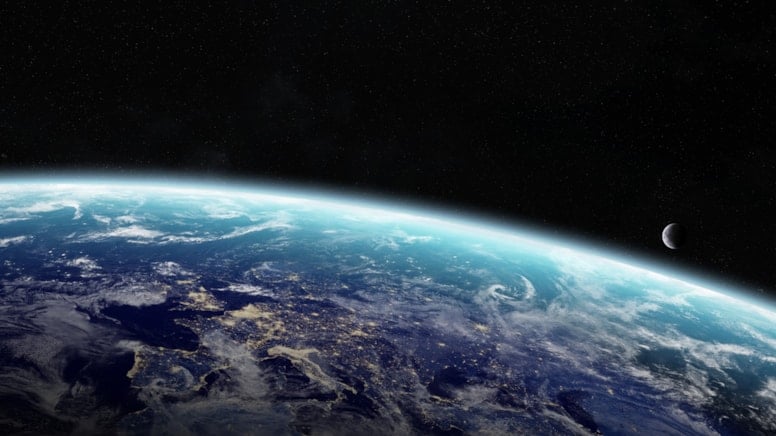Evidence that surprised the scientific world Life on Earth began 1.5 billion years ago
Evidence has been found that life on Earth may have started much earlier than known. With the new evidence, scientists believe that life on Earth may have started 1.5 billion years earlier than known.
Scientists in Franceville, Gabon, have discovered evidence in rocks showing the environmental conditions of possible life from 2.1 billion years ago, BBC reported. On the other hand, scientists stated that the findings of these possible living organisms were limited to an inland sea, did not spread globally and disappeared.
Contrary to the scientists' theory that life may have started earlier, it is widely believed that life on Earth began 635 million years ago.
The international team of scientists, led by Cardiff University Professor Dr. Ernest Chi Fru, examined whether the rocks around the formations called “Franceville biota”, which were found in Franceville 10 years ago and are still debated whether they are fossils, contain nutrients that can support life, such as oxygen and phosphorus.
Stating that the study will help prove ideas about the processes that started life on Earth, Chi Fru said, “We are saying, look, there are fossils here, there is oxygen, this triggered the emergence of the first complex living organisms. 635 million years ago, we see the same process as in the Cambrian Period.”
The study noted that volcanic activity caused by the collision of two continental plates underwater created a nutrient-rich, shallow inland sea, which increased oxygen and phosphorus levels.
Dr. Chi Fru stated that this sheltered environment allowed photosynthesis to occur, allowing for an increase in oxygen, and that the abundance of oxygen may have created the energy to provide the growth observed in simple life forms observed in fossils from the period in question. The researcher said that if his theories are correct, these life forms could be similar to the slime fungus, a single-celled organism that reproduces with spores and does not contain a brain.
On the other hand, some scientists disagree with these views and emphasize that additional evidence is needed. Prof. Graham Shields from University College London (UCL), who was not involved in the study, said he had reservations on this issue, “I am not opposed to the idea that there were higher nutrients 2.1 billion years ago, but I am not convinced that this could have led to diversity to create complex life.”
































